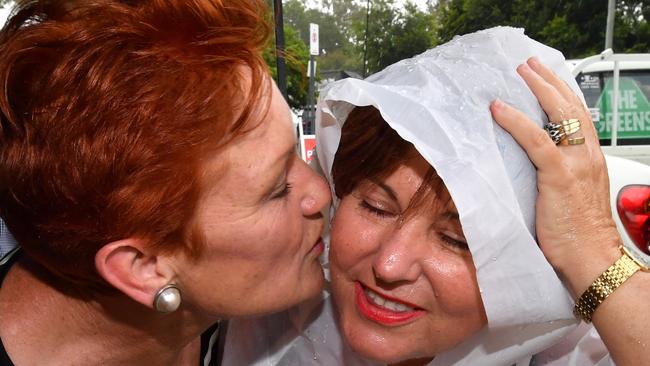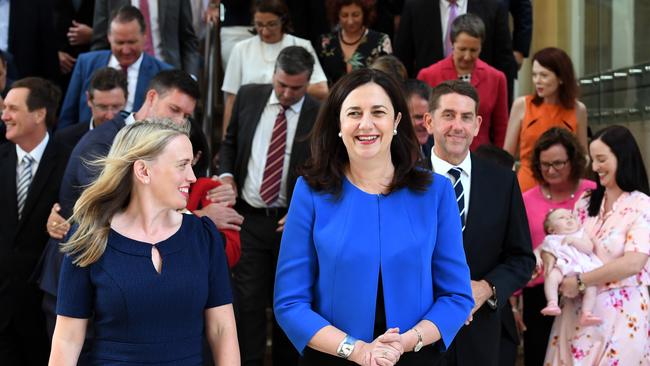Katter’s Australian Party has thrown itself among the LNP and One Nation pigeons
THE impressive performance of Katter’s Australian Party in the state election has highlighted what the Liberal and National parties lost when they merged, writes Michael Madigan.
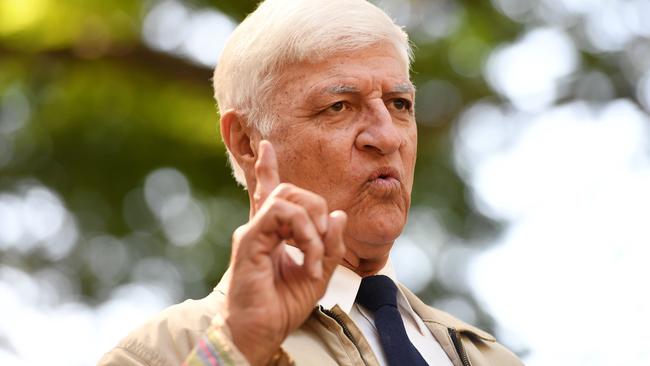
QLD Election
Don't miss out on the headlines from QLD Election. Followed categories will be added to My News.
ROBBIE Katter may have just elbowed out Pauline Hanson as the third person in  the uneasy marriage between the Queensland Liberals and Nationals.
And, unless there’s a quick divorce in the months ahead, Katter is set to cause even deeper matrimonial unhappiness.
Nine years after the ute-drivin’, rum-drinkin’ Nats hooked up with BMW-driving, chardonnay-sipping Libs at a sort of political B&S ball at Brisbane’s Sofitel Hotel on July 27, 2008, the partnership is under intense strain.
The impressive performance of Katter’s Australian Party in last Saturday’s election has only highlighted what the LNP lost in the merger.
KAP has now established a strong beachhead in the State Parliament, and not merely by looking to secure a third seat in the form of Hinchinbrook, with businessman Nick Dametto and the LNP’s Andrew Cripps locked in battle for the electorate north of Townsville. But Robbie Katter claimed more than 66 per cent of the primary vote in his seat of Traeger, while colleague Shane Knuth, in the neighbouring seat of Hill, took more than 48 per cent.
Knuth’s performance was particularly impressive, given that the redistribution robbed him of his old seat of Dalrymple, centred on Charters Towers.
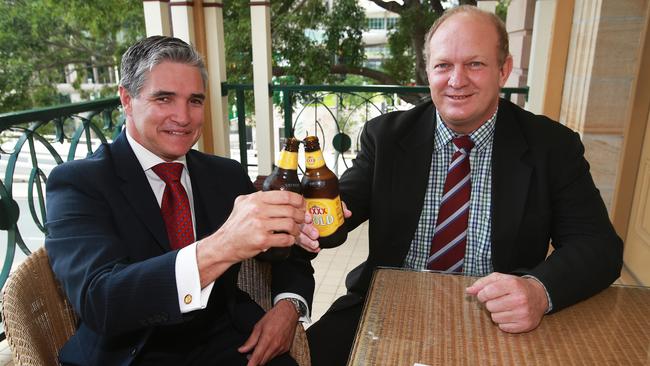
He was forced eastwards, out of “Katter Country’’, towards the coast in the new seat of Hill, which takes in areas such as the Atherton Tablelands and Tully.
Yet Knuth improved his vote by more than 9 per cent, while Katter’s support in his western seat (which was formerly Mount Isa) soared by about 20 per cent.
Whatever these two MPs are doing, it’s working.
While Pauline Hanson’s One Nation Party tried to sweep across the state, KAP – in a strategy largely orchestrated by Knuth – concentrated on 10 seats, and only two south of the Tropic of Capricorn (Callide and Condamine).
The result was double-digit support in all seats except Whitsunday. From that base, KAP is eyeing the next election and has the seat of Mirani, west of Mackay – now in the hands of One Nation’s Stephen Andrew (inset below) – firmly in its sights, along with the far northern seat of Cook, in which it also polled well.
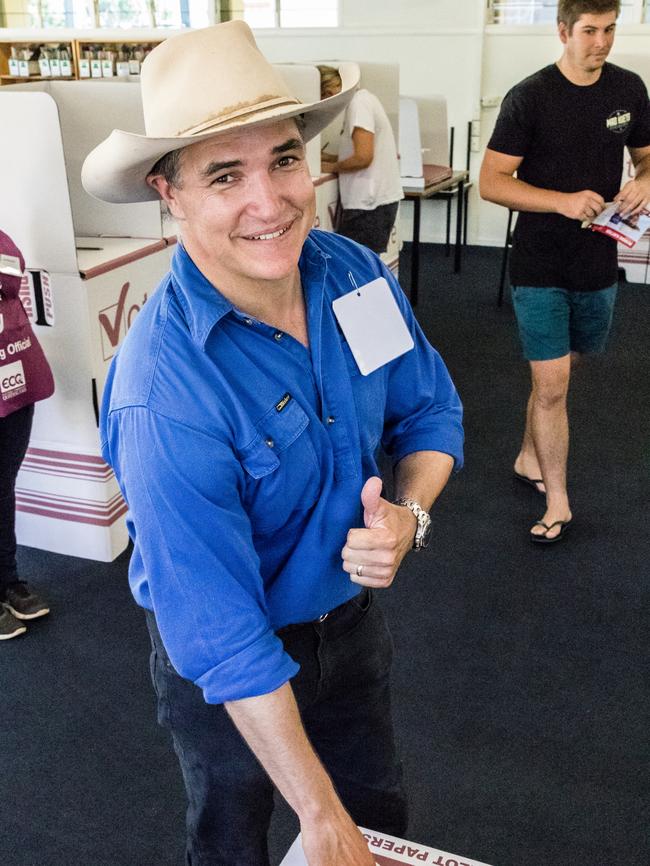
KAP has already indicated it will try to work closely with the lonely Andrew, who doesn’t look like having a One Nation colleague for company. But if the newly minted MP won’t switch his allegiance to KAP, Mirani can be certain of a strong KAP candidate in 2020.
“What we realised as we prepared for the election was that you have to fight to represent the people of rural and regional Queensland,’’ a newly energised Robbie Katter said the day after the poll.
“We had to fight, just as they have had to fight for their very existence in some of the small towns in western Queensland.
“Yet the LNP have just taken their vote for granted.’’
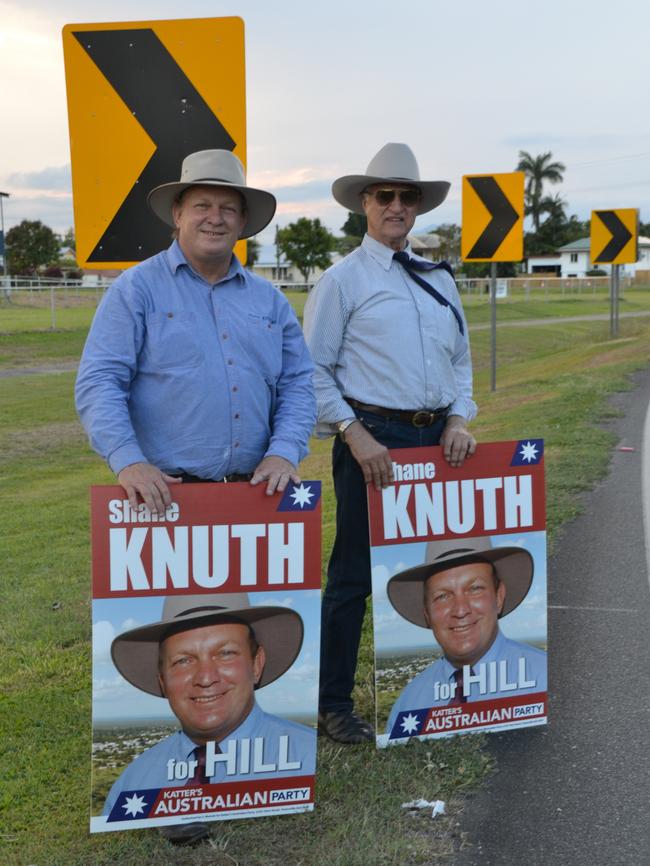
As a result, there are rumblings inside the LNP that “something must be done’’ to counter the filleting of votes from the party’s left and right flank.
The regions, left without the guiding star of the National Party, veer to KAP and One Nation, while the cultivated Liberal-voting inner suburbs shrink in horror from any association with Pauline Hanson.
Political watcher Dr Paul Williams says the odds on a demerger are now veering towards “probable’’, yet they remain far removed from a certainty.
But Williams agrees the slow, steady evolution of KAP, which he contrasts with the more media-driven hoopla of One Nation, is now a serious challenge to the LNP, even if the challenge is still in embryonic form.
“There is absolutely no doubt KAP put in an impressive performance in the election, and they have done it by hard, steady work and serious, evidence-based policy formulation,’’ he says.
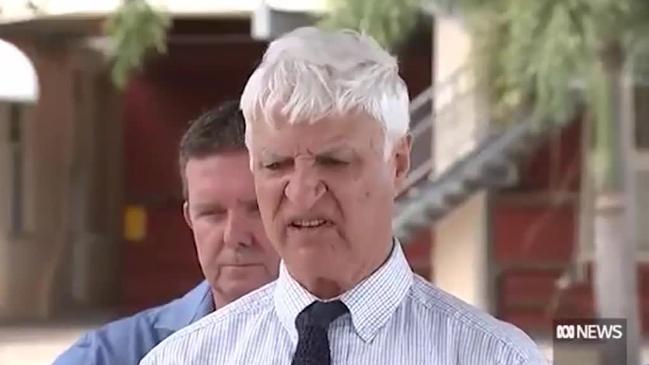
The seeds of the LNP merger were sown back in 2003 when former National Party leader Lawrence Springborg visited Canada and saw for himself the success of the amalgamated Conservative Party.
Springborg took the idea and ran with it and, just eight months later, was validated when the conservative parties’ parliamentary representation increased under the LNP banner in the 2009 election.
When Campbell Newman led the party to its historic win in 2012, securing 78 of the Parliament’s 89 seats, the merits of the merger appeared to be no longer a matter for debate.
But since the destruction of the Newman government in 2015, the debate has resumed, with some vigour.
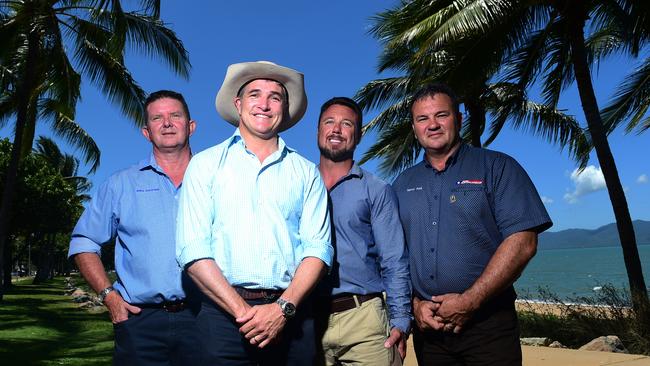
For younger voters, the Queensland National Party might seem a political relic, yet it was once a powerhouse with a distinct brand, its status greatly enhanced after Queensland Labor premier Vince Gair merged his Queensland version of the ALP with the Democratic Labor Party (the DLP) in 1962.
Gair took thousands of working-class Catholic voters with him, many of whom later walked across the political bridge to the Country/National Party as the DLP lost relevance.
That migration helped cement an almost tribal identity in Queensland’s regions under the National Party banner, where a sense of mutual dependency between grazier and abattoir worker fostered a solidarity that old National Party warhorse Ron Boswell fears has been lost.
The now-retired senator, who fought savagely against One Nation in the 1998 federal election, openly laments the loss of a clear-cut, conservative political identity in the Queensland bush.
“I simply believe there must be a debate about whether there should be a demerger.’’ Boswell says.
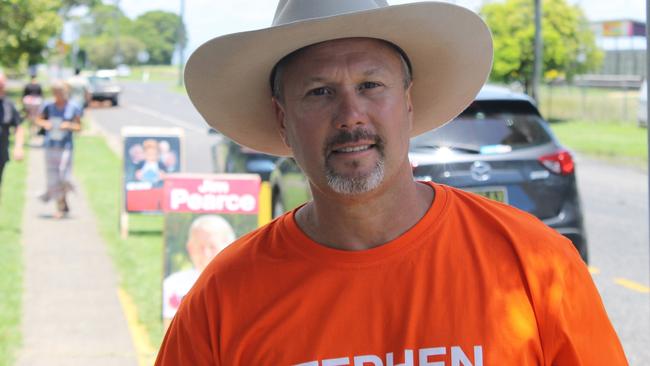
Back in western Queensland, Bob Katter is savouring a sweet victory.
While the wiley old patriarch may be in his political autumn – having created KAP on the back of the nationwide exposure he received in the 2010 hung Federal Parliament when he refused to back the Gillard Labor government – he was gung-ho last Sunday.
“Could have won four or five seats if the election had been held a few months earlier!’’ declared the 72-year-old former National Party stalwart, who turned his back on the old bush party way back in the ’90s.

Katter Sr sees son Robbie, and Knuth, as firmly entrenched players in state political life and the swing in the largely urbanised electorate of Hinchinbrook as proof that KAP is acceptable to regional urban dwellers.
For the Katters and Knuth, the only smudge on their blue horizon is the possibility that the old National Party might walk out on the Libs, discarding the sports jacket, donning a checked shirt, firing up the old HQ Holden ute, and roaring back into the bush to reclaim its lost legacy.
michael.madigan@news.com.au
Originally published as Katter’s Australian Party has thrown itself among the LNP and One Nation pigeons

